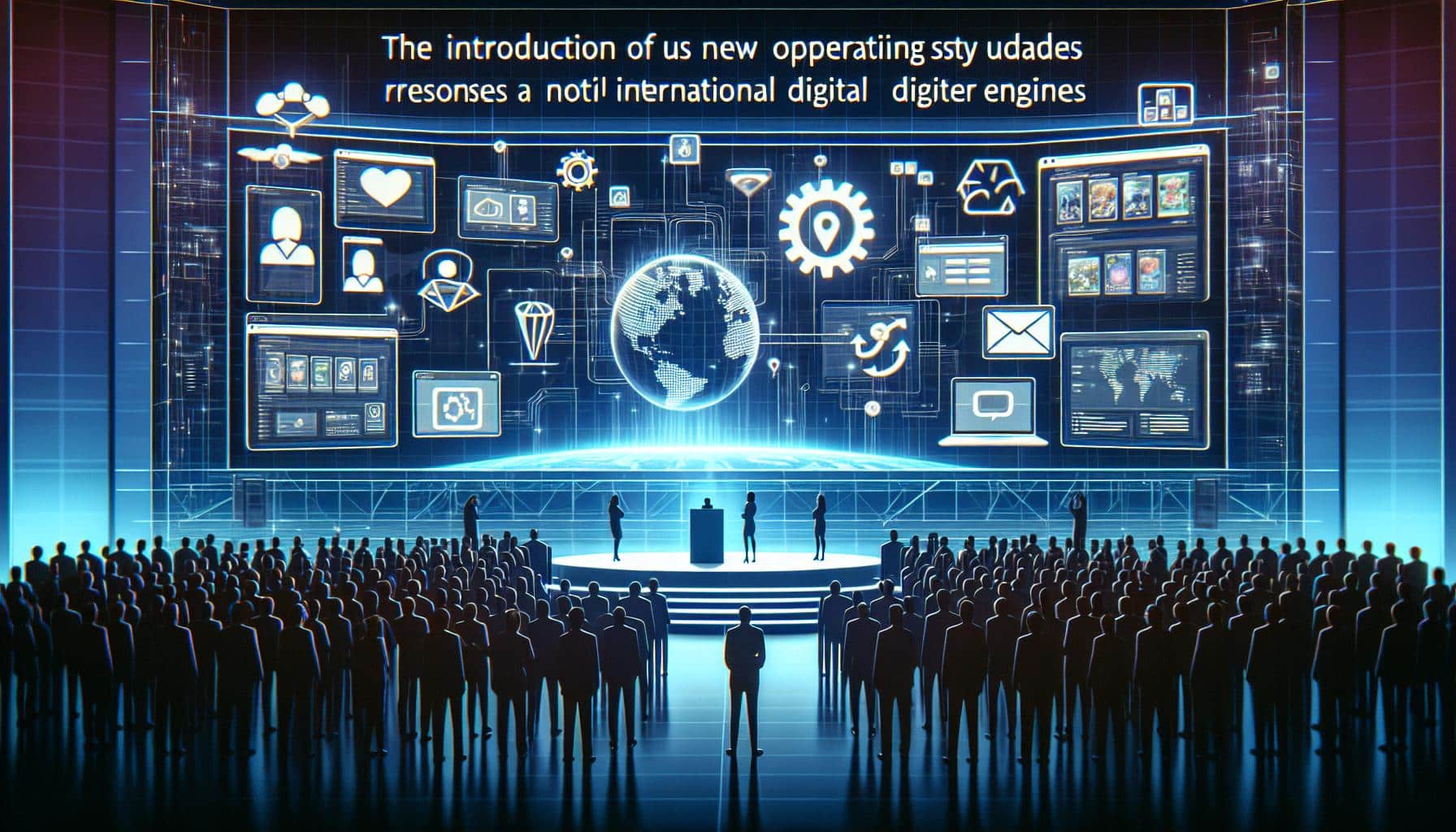Technological Solutions for Justice: A Powerful Force for Equity and Inclusivity
Chief Justice of India, D Y Chandrachud, addressed the Commonwealth Legal Education Association (CLEA) conference, highlighting the transformative power of technology in the pursuit of justice. Justice Chandrachud emphasized the importance of designing technological solutions with equity and inclusivity in mind, to ensure that they do not inadvertently exacerbate existing societal problems. He also stressed the need for modernization of courtrooms and facilities to enhance transparency and accountability. The e-Courts project was mentioned as a positive step towards leveraging technology for improved access to justice.
Cultivating a Shared Commitment to Justice: The Responsibility of Law Officers
The CJI emphasized the need for law officers to remain impervious to the politics of the day and conduct themselves with dignity in courts, to uphold the integrity of legal proceedings. Referring to recent initiatives such as the implementation of a standard operating procedure (SOP) guiding courts in summoning government officials, Justice Chandrachud highlighted the collaborative approach involving legal officers, government officials, and the judiciary to reinforce ethical underpinnings of executive accountability.
Collaborating to Address Cross-Border Challenges to Justice Delivery
Justice Chandrachud emphasized the importance of global collaboration and trust-building to address the diverse cross-border challenges to justice delivery. He highlighted the aim of the conference to foster collaboration between officers of the court entrusted with the responsibility of justice administration. This collaboration would enable substantive discussions on pressing legal issues and promote mutual understanding of legal mechanisms in Commonwealth nations.
Upholding Ethics in Legal Practice: The Role of Law Officers
The CJI addressed the role of law officers in upholding ethics in legal practice, emphasizing their responsibility as representatives of the government and officers of the court. Justice Surya Kant, speaking at the conference, emphasized the significance of encouraging substantive discussions on pressing legal issues and promoting mutual understanding of legal mechanisms in Commonwealth nations.
Designing Technological Solutions with Equity and Inclusivity in Mind
Justice Chandrachud reiterated the importance of designing technological solutions with equity and inclusivity in mind, considering the diverse needs and capabilities of all stakeholders. He highlighted the potential of technology to enhance the speed and accessibility of justice, but cautioned against inadvertently exacerbating existing problems within Indian society. The deep-seated structural and financial hierarchies were mentioned as factors requiring careful consideration.
Modernizing Courtrooms and Facilities for Enhanced Transparency and Accountability
Justice Chandrachud stressed the need for modernizing courtrooms and facilities to ensure that technology enhances transparency and accountability, rather than perpetuating opacity and inequality. The e-Courts project was cited as an example of leveraging technology for improved access to justice. The CJI’s remarks underscored the significance of recognizing the importance of cultivating a shared commitment to justice, while embracing technology as a powerful force for positive change.
Analyst comment
Positive news: The Chief Justice of India emphasizes the transformative power of technology in the pursuit of justice and the need for designing technological solutions with equity and inclusivity. The e-Courts project is mentioned as a positive step. Short analyst response: The market for technological solutions in the justice sector is expected to grow as governments and legal institutions prioritize equity, inclusivity, transparency, and accountability. The e-Courts project will likely gain momentum, driving increased adoption of technology for improved access to justice.













